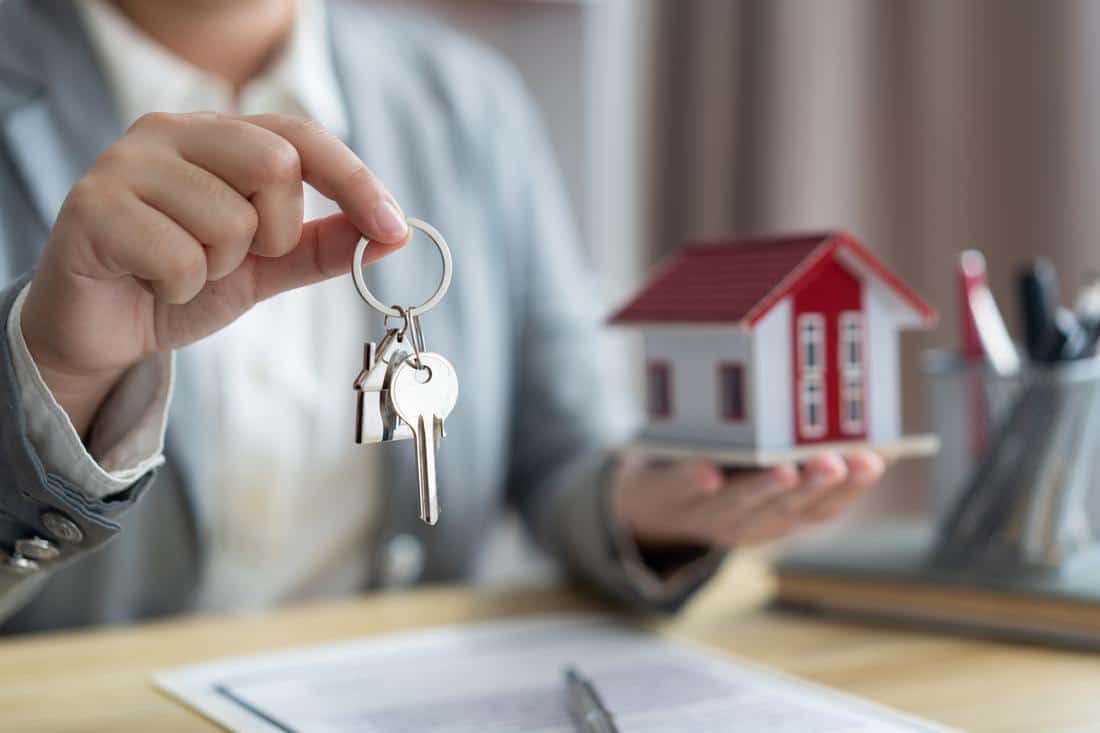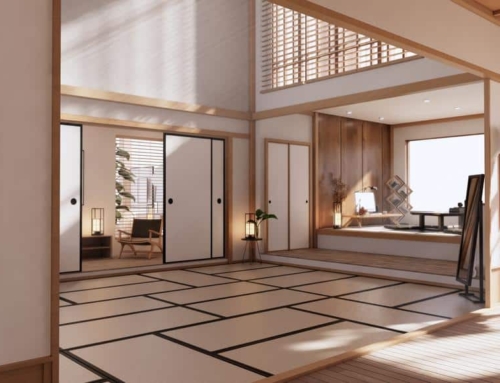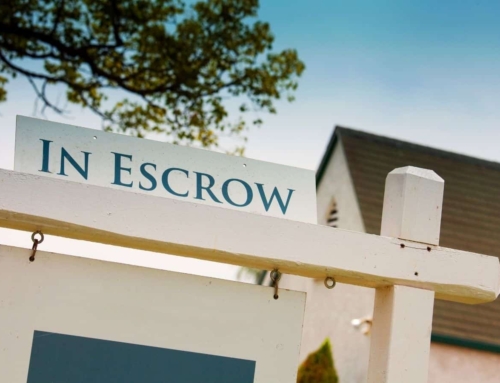Summer is known for fun in the sun, but with mortgage rates rising, you might want to look for “for sale” signs instead of your next swimming suit.
Whether you’re a first-time homebuyer or want to upgrade or downsize, now is an excellent time to purchase a house. It can aid in the establishment of equity and the creation of financial security. But can you afford it?
One of the most common mistakes potential homebuyers make is failing to consider the total costs of purchasing a property.
Yes, you’ve been pre-approved for a particular amount, but does that guarantee you can pay your mortgage on top of all the other hidden expenditures that come with house ownership?

Here are seven often-overlooked fees that might jeopardize your ambition of homeownership:
- Moving Expenses – It’s thrilling to buy a house, but how will you get all your possessions from your apartment or prior residence to your new residence? This one-time moving fee might be relatively high depending on how much you have to move and the distance to your new house. Consider shopping around for moving trucks or vans or even enlisting the assistance of friends to get you relocated at a lower cost. See our guide to long-distance moving.
- Decorating – When you relocate, you may not have all the items you require to outfit your new place. As a result, money spent on decorating your new house is a sometimes overlooked investment. If you intend to decorate with new curtains, paint, furniture, and so on, make sure to factor these costs into your budget because they may quickly add up.
- Utilities and Insurance – A home, like a car, requires insurance. Call your insurance company or look for the most acceptable homeowner insurance policy as soon as you enter into a contract on a property. Consider whether your house is in a region prone to flooding, storms, or tornadoes since this may raise your premiums. It would be best to consider the utility expenditures that come with owning a property. It will be substantially more significant than what you paid in an apartment, so ask the previous homeowner what they paid in utilities so you can budget.
- Mortgage Insurance (PMI or MIP) – PMI is private mortgage insurance applied to conventional loans for homeowners who do not make the lender’s recommended 20% down payment. MIP, or mortgage insurance premium, is needed with any Federal Housing Administration-backed loan (FHA). MIP and PMI safeguard the lender if the borrower fails on the loan. For example, PMI or MIP might cost you $100 to $200 each month in addition to your mortgage payment on a $250,000 house.
- Fees for Homeowners Associations (HOA) – Some communities charge a monthly or yearly association fee. The neighborhood HOA collects and manages these fees. Each HOA can use the monies for ground maintenance, community facilities, and lawn and garden care. This expense is distinct from your mortgage and property taxes, so include it in your affordability budget.
- Closing Expenses – While some purchasers are fortunate enough to have the sellers pay the closing expenses, most buyers must spend a couple of thousand dollars to seal the sale. Closing expenses are sometimes neglected, but they include fees such as mortgage taxes, attorney’s fees, title insurance, appraisal fees, etc. These fees are typically 2-5 percent of the home’s purchase price. Whatever you do, keep the closing fees in mind!
- Taxation on Real Estate (Property Taxes) – Is it true that no one likes paying taxes? When it comes to purchasing a home, the last item on your mind is typically property taxes. However, before making an offer, you should examine the property tax value of the home you’re interested in or other properties in the vicinity. While you may be able to afford a mortgage on a $250,000 home, you must also ensure that you can pay the yearly property taxes that come with it.

Here are seven Frequently Asked Questions about overlooked housing costs
What are the most common mistakes made while completing a real estate transaction?
Closing expenses, one of the most ignored aspects of a real estate transaction, may add several thousand dollars to the cost of a house purchase and are one of the most common shocks encountered by purchasers.
What do you pay once you’ve purchased a home?
Important Takeaways When purchasing a property, you should anticipate paying some costs upfront, such as fees, taxes, and your down payment. In addition to your monthly mortgage payments, you may be required to pay insurance, taxes, private mortgage insurance, or homeowner’s association fees once you’ve closed on the house.
What exactly is earnest money payment?
Earnest money protects the seller should the buyer decide to back out. It usually is 1 – 3 percent of the purchase price and is held in an escrow account until the transaction is completed. The precise quantity is determined by what is typical in your market.
When is it possible to turn off PMI?
When the principal balance (loan amount) of your mortgage is anticipated to decrease to 80 percent of the original value of your house (when purchased), you have the authority to request that your servicer eliminate PMI. Therefore, you should have received this date in writing on a PMI disclosure form when you acquired your mortgage.
What happens if you don’t pay Missouri real estate property tax?
When you fail to pay your real estate property taxes, Missouri law allows the county collector to sell your house in a tax auction to cover the unpaid taxes, interest, and other costs.
What are the standard appraisal fees?
Appraisal fees are based on the size of the property. In Kansas City, the average standard evaluation is between $300 and 395, although it can range between $300 and $700. This kind of evaluation has a significant impact on its pricing. Summary evaluations are pretty extensive, ranging in price from $300 to $400. Restricted use evaluations, which give far less information, cost between $100 and $150.
How can I find the average utilities per month for a specific neighborhood?
If you’re relocating, you may occasionally find out the typical cost of utilities in your new neighborhood by contacting a landlord, apartment management, or realtor.
How are HOA fees typically used?
The costs of maintaining common facilities such as lobbies, patios, landscaping, swimming pools, tennis courts, a community clubhouse, and elevators are often covered by HOA fees. However, the costs cover basic amenities like water/sewer and waste disposal in many situations.

Housing Costs Made Simple with the Right Realtor
Whether you’re ready to make a move today or later, Summit Way Realty provides expert services to assist you with finding the right house. In addition, we’re here to assist you in navigating the complexities of buying a property while keeping within your budget.








